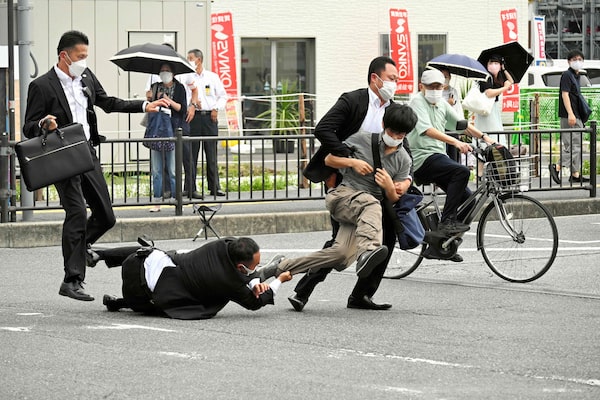
This image received from the Asahi Shimbun newspaper shows a man (centre R) suspected of shooting former Japanese prime minister Shinzo Abe being tackled to the ground by police at Yamato Saidaiji Station in the city of Nara on July 8, 2022.STR/AFP/Getty Images
The assassination of former prime minister Shinzo Abe has shocked and appalled Japan, not least because gun violence is practically unheard of in the East Asian country.
Last year, there were only 10 reported shootings, according to police data, almost all of which were connected to gang activity. One person was killed and four wounded.
The weapon used to kill Mr. Abe was itself a testament to the effectiveness of Japan’s strict gun-control laws. Rather than the assault rifles common to massacres in the United States, police said the firearm was homemade. Photos showed something which vaguely resembled a shotgun, with two large barrels wrapped in black tape and a pistol grip.
While political violence is not unheard of in Japan, particularly during the restive postwar period, in modern times it is vanishingly rare, and most in the country were utterly stunned by the news.
Shinzo Abe, Japan’s former PM, is assassinated. The latest updates
Japan has some of the toughest gun laws in the world. According to GunPolicy.org, a body under the Sydney School of Public Health, the sale of handguns and automatic and semi-automatic weapons is prohibited, with very limited carve-outs for sports shooters.
Individuals can purchase shotguns and rifles, but regulation is strict: Applicants for a firearm licence must pass a tough background check that examines their criminal, mental-health and addiction history, as well as any accusations of domestic violence.
Applicants must also undergo gun training, and have to renew their firearm licence every three years. The weapon must be registered with the police and guns and ammunition stored separately.
Anyone found guilty of unlawful possession of a firearm can face up to 15 years in prison.
These laws, as well as a general societal aversion to guns, result in a country where firearms are rarely seen. In 2019, the last year for which statistics were available, there were an estimated 310,400 guns, both legal and illegal, in private ownership, for a country of 126.3 million.
By comparison, according to the Geneva-based Small Arms Survey, there were almost 400 million weapons floating around the U.S. in 2018, a figure that is believed to have risen significantly during the pandemic.
In Canada, the number of firearms in civilian ownership was believed to be fewer than 13 million.
Police in Japan do carry handguns, as do security guards assigned to senior lawmakers. But the small threat of violence means it is common for politicians to get close to the public, particularly during campaign season, when they make roadside speeches and shake hands with passersby.
The last killing of a politician was in 2007, when the mayor of Nagasaki was shot dead by a member of the yakuza, the Japanese mafia. The head of the Japan Socialist Party was assassinated during a speech in 1960 by a right-wing youth with a samurai short sword. A few other prominent politicians have been attacked but not injured.
It has been over 90 years since a former prime minister was killed, in the run-up to the Second World War, when there were a number of assassinations.
With a file from Reuters.
Our Morning Update and Evening Update newsletters are written by Globe editors, giving you a concise summary of the day’s most important headlines. Sign up today.
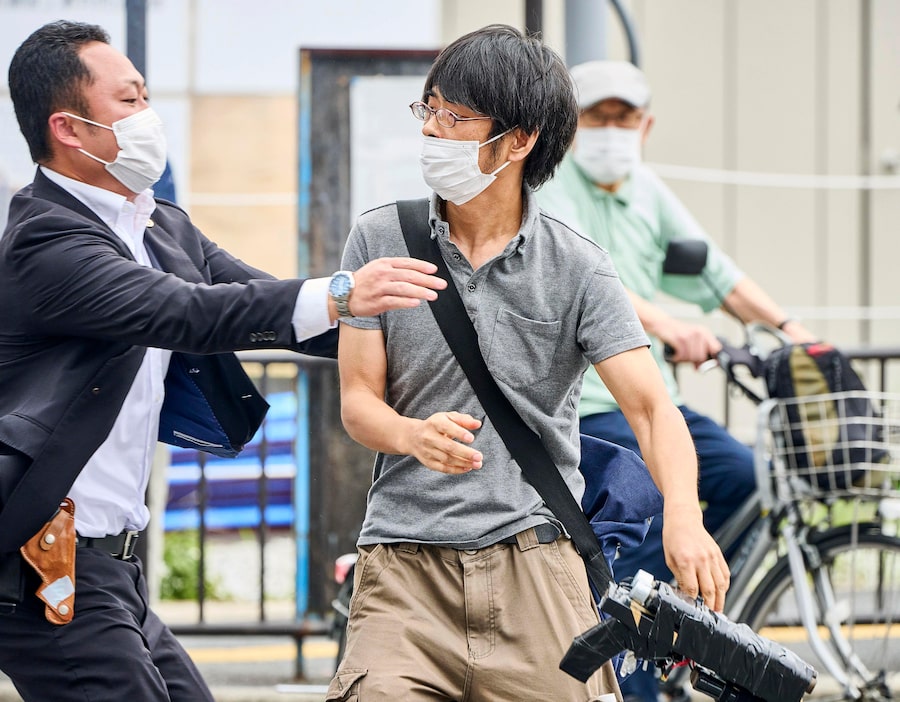
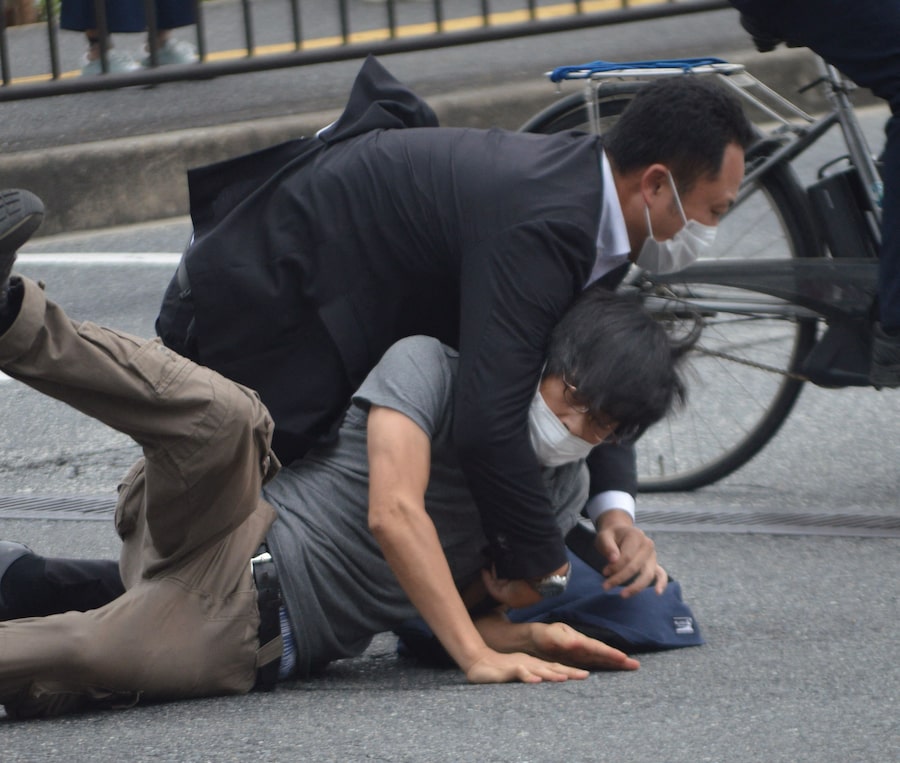
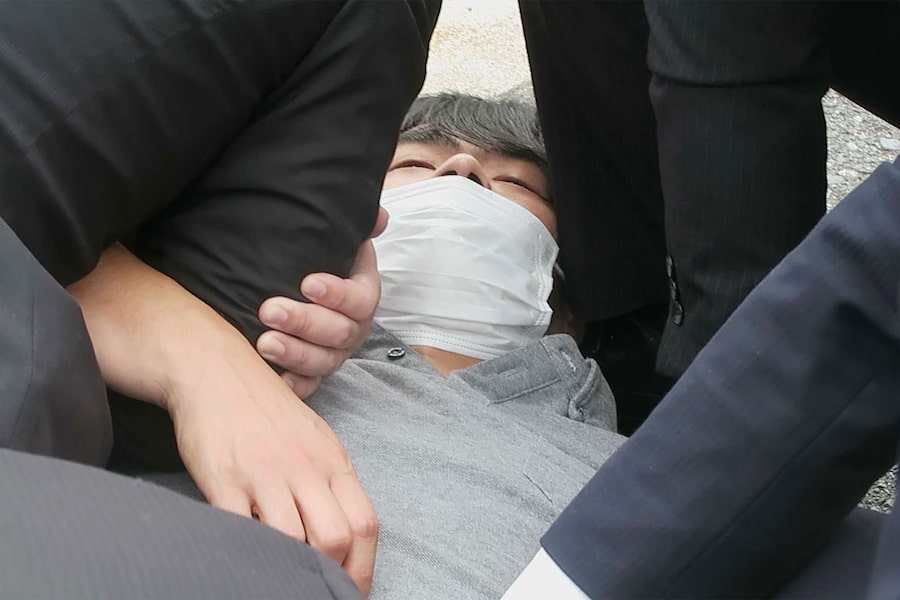
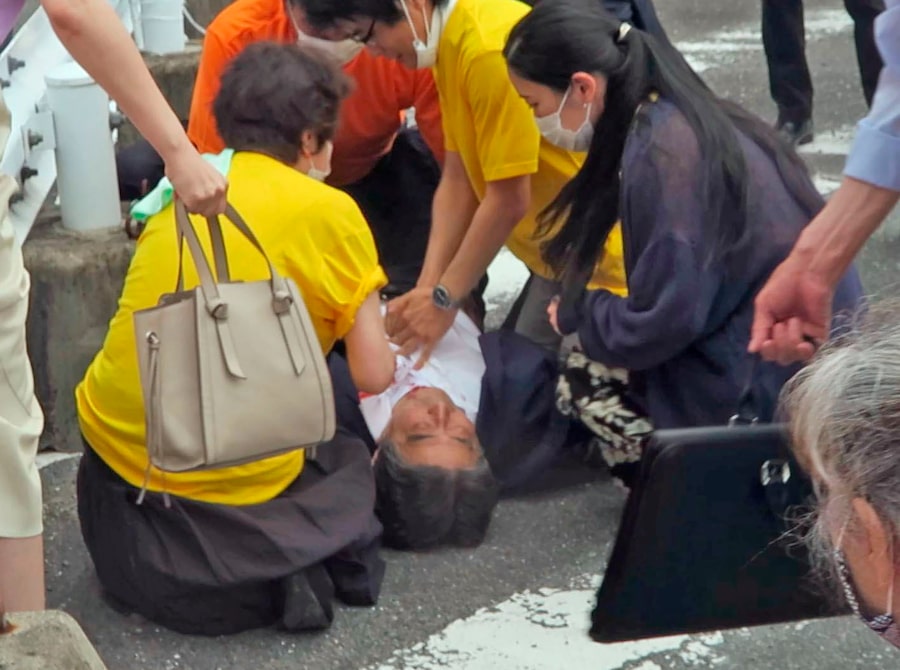
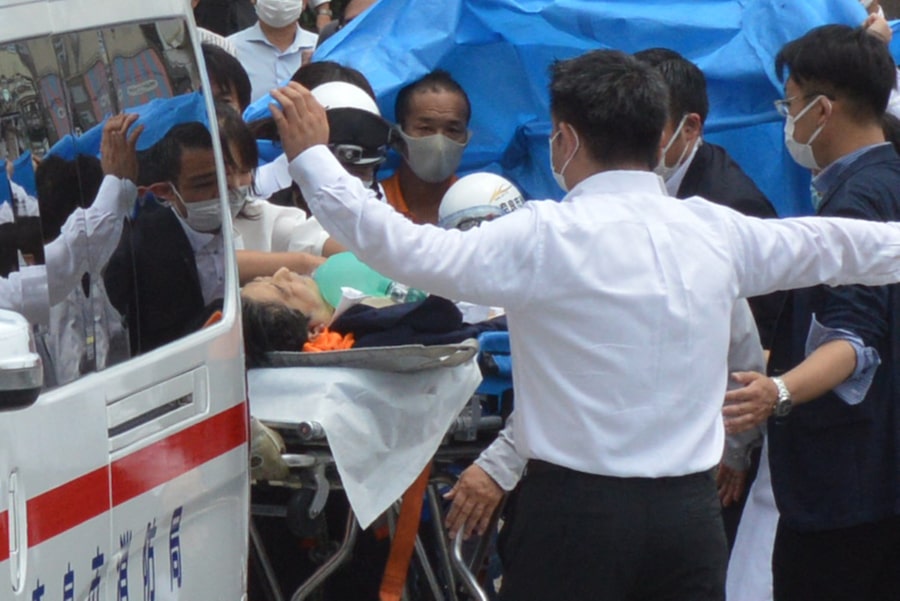
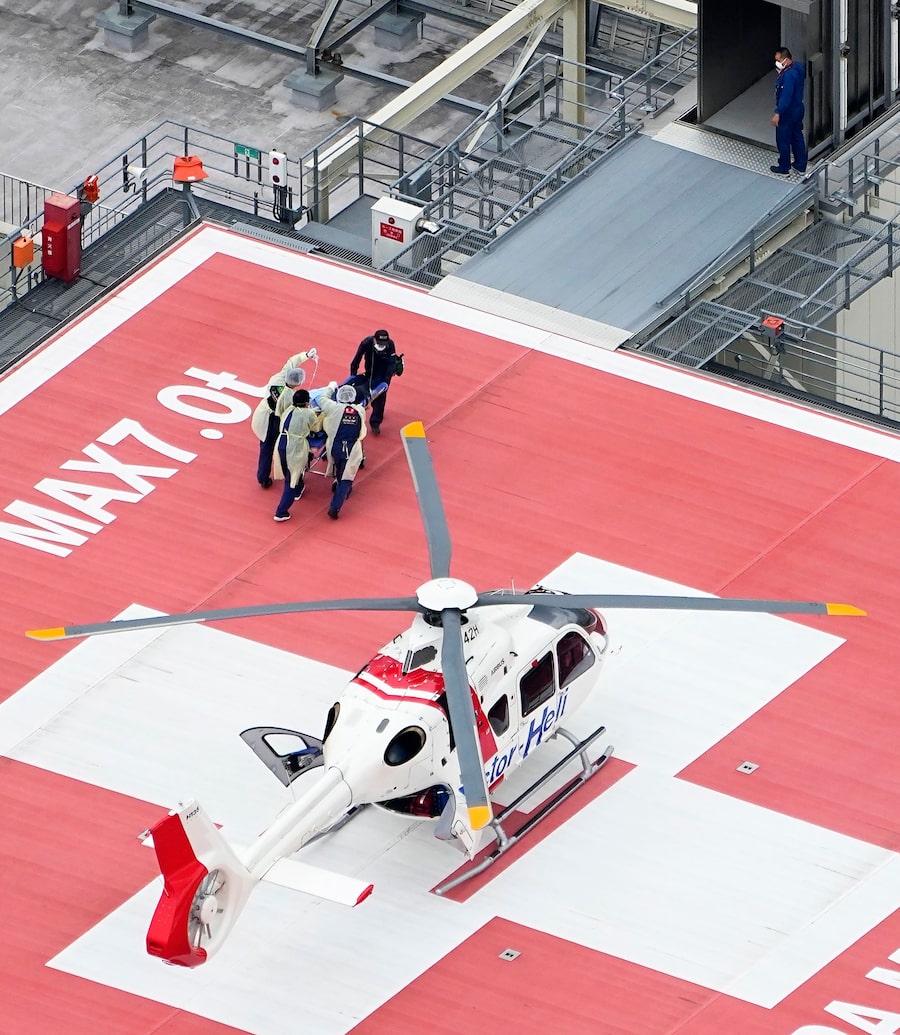
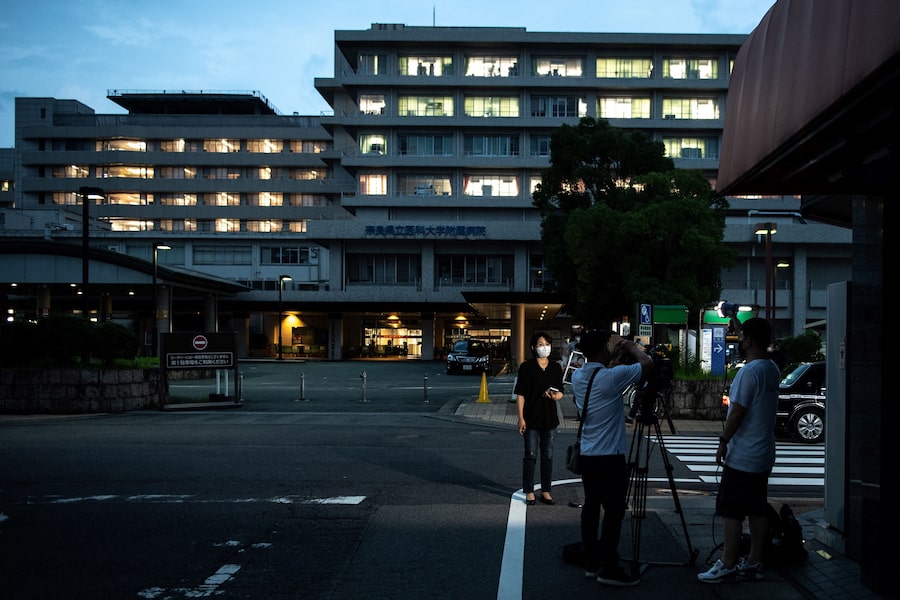
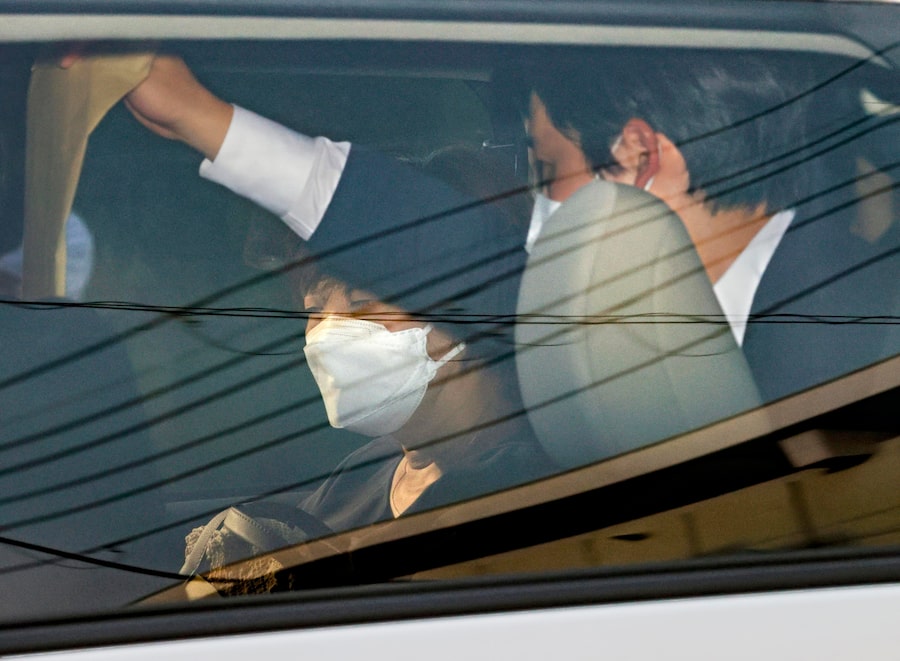
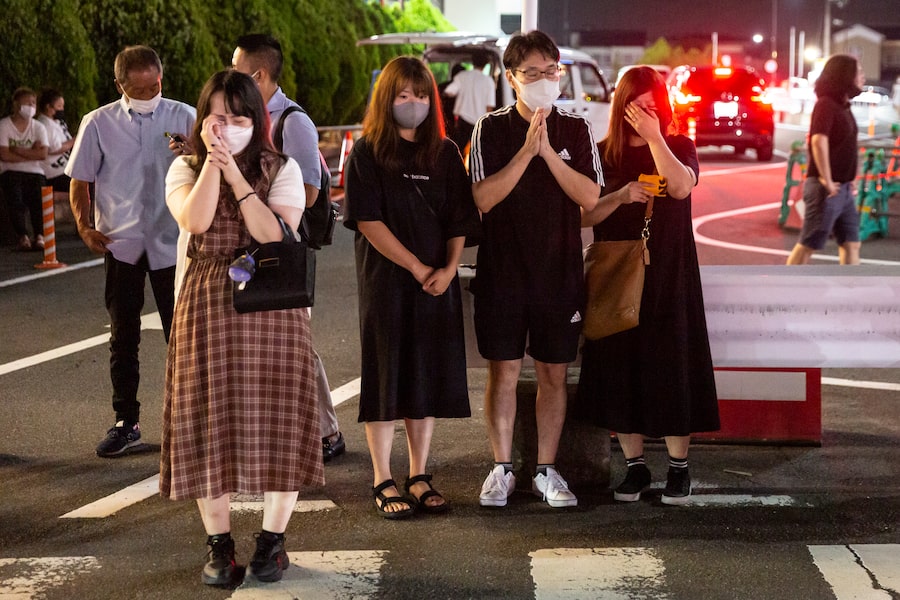
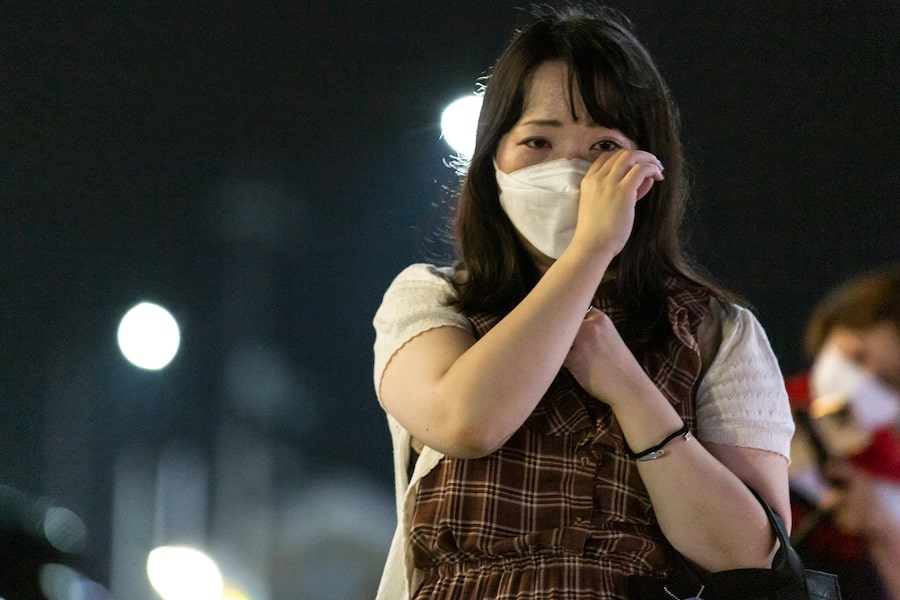
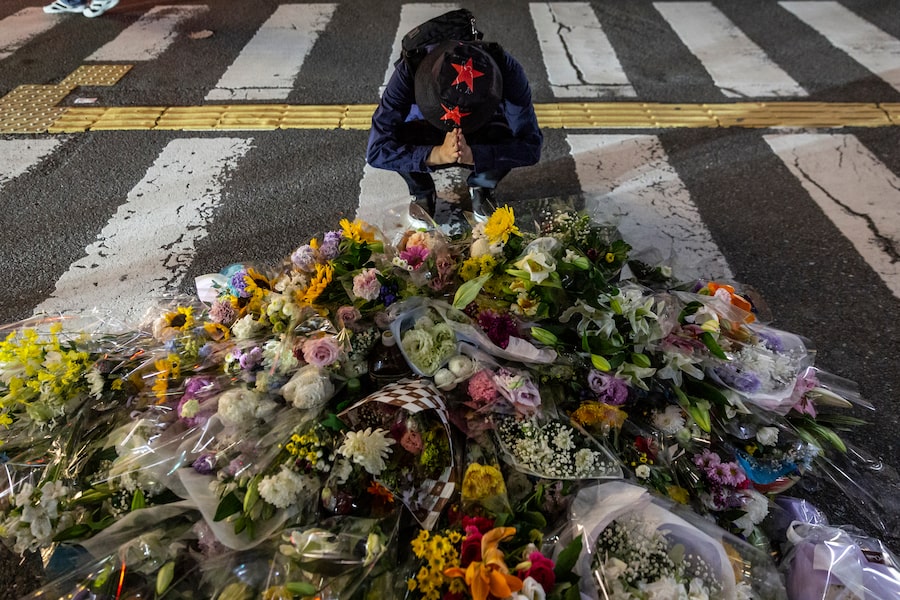
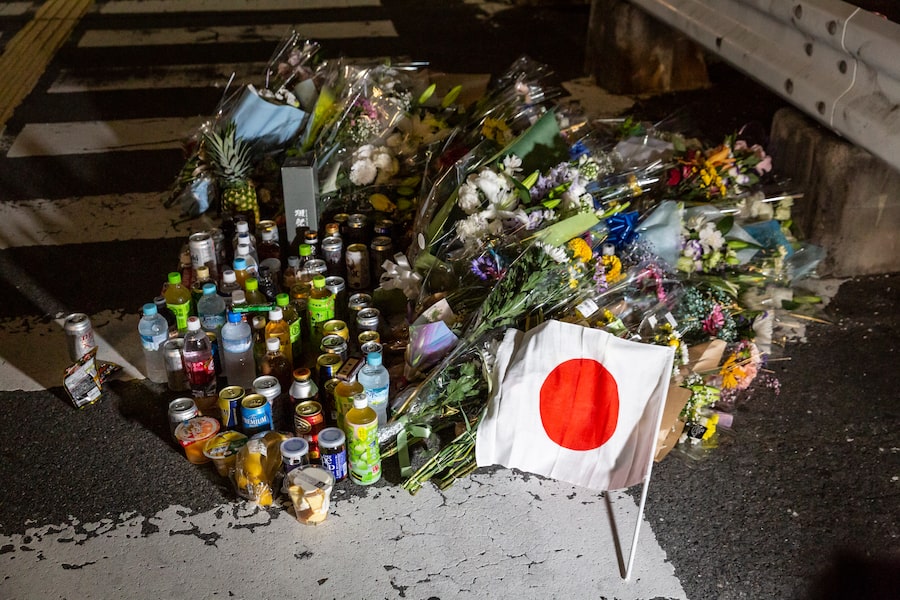
 James Griffiths
James Griffiths